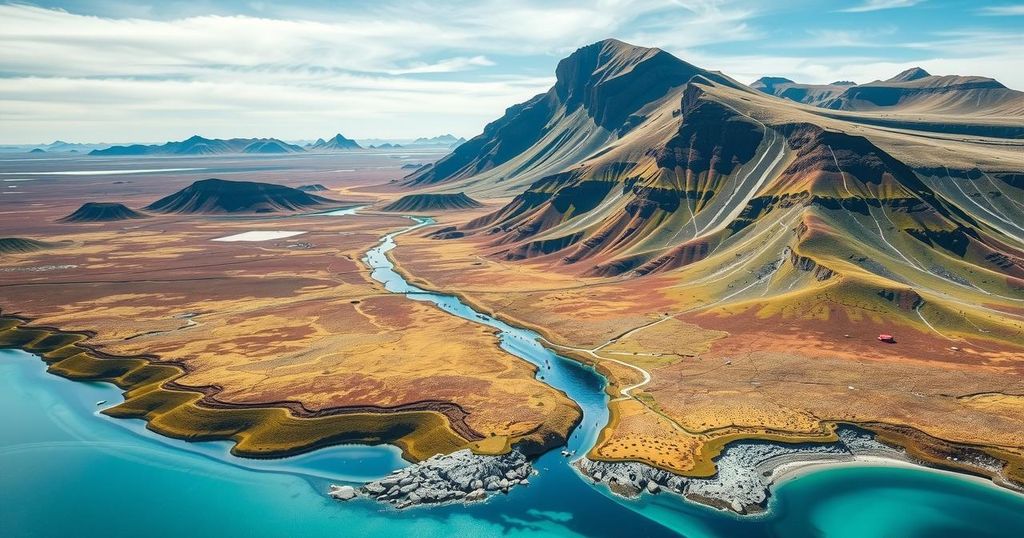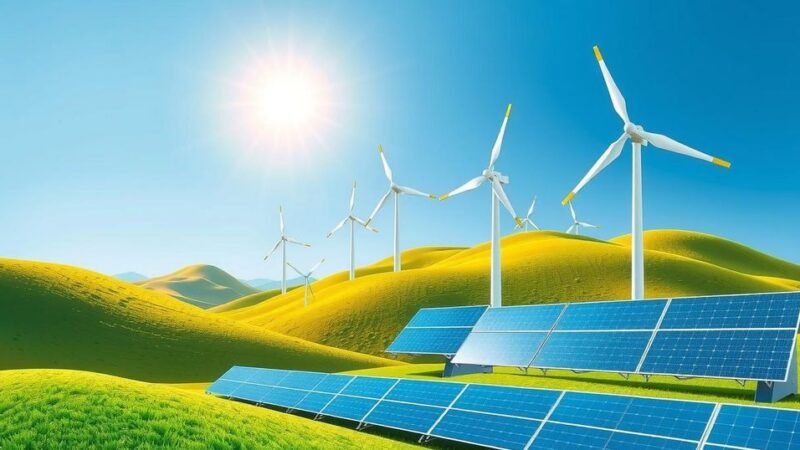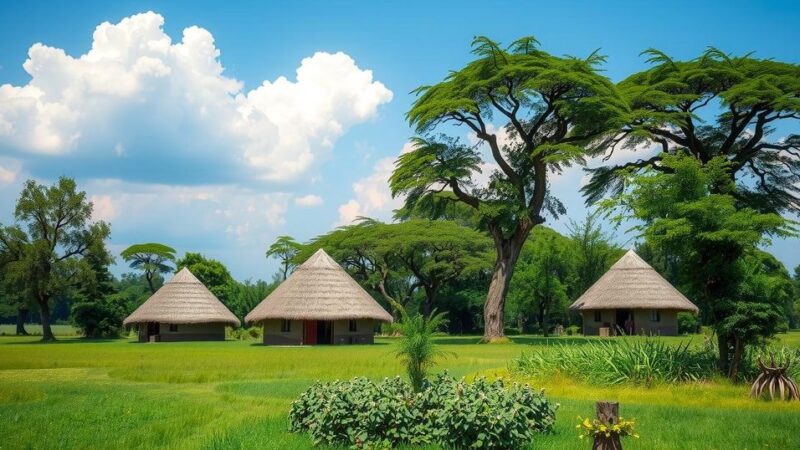Greenland is pivotal in global climate dynamics due to its vast ice reserves and strategic geopolitical importance. Its melting ice poses severe implications for sea levels and weather patterns, while its rich resources make it a focal point of interest for nations. Understanding Greenland’s role is crucial as climate change intensifies, influencing both the environment and international relations.
Greenland, the largest island in the world, occupies a critical position in global climate dynamics due to its vast ice reserves and strategic geopolitical significance. As the world warms, Greenland’s melting ice sheets have the potential to dramatically alter sea levels, potentially raising them by up to 24 feet if all the ice were to melt. In 2019, it recorded a loss of 489 billion tons of ice, a trend that poses severe implications for weather patterns and global climate stability. Furthermore, the island is rich in valuable resources such as rare earth minerals, oil, and natural gas, making it a focal point of interest for countries like the United States amid geopolitical tensions.
The topic of Greenland’s importance has grown in relevance with the onset of climate change, which significantly influences its weather and ecological balance. It serves as the engine for major ocean currents, particularly the Atlantic Meridional Overturning Circulation (AMOC). This circulation is essential for regulating climate patterns across Europe and North America. As Greenland’s ice continues to melt at an alarming rate, it affects not only local ecosystems but also global weather systems, agriculture, and even geopolitical relations between major world powers. Understanding the multifaceted role Greenland plays in the climate system is crucial for designing effective response strategies.
In summary, Greenland is more than just a remote island; it is a crucial component of the Earth’s climate system and has emerged as a focal point for geopolitical interests due to its vast natural resources and strategic location. The rapid melting of its ice threatens global sea levels and alters weather patterns that can precipitate drastic climatic changes. As countries vie for resources and influence in this region, the interplay between environmental sustainability and geopolitical competition will be of profound importance in the 21st century.
Original Source: www.washingtonpost.com







